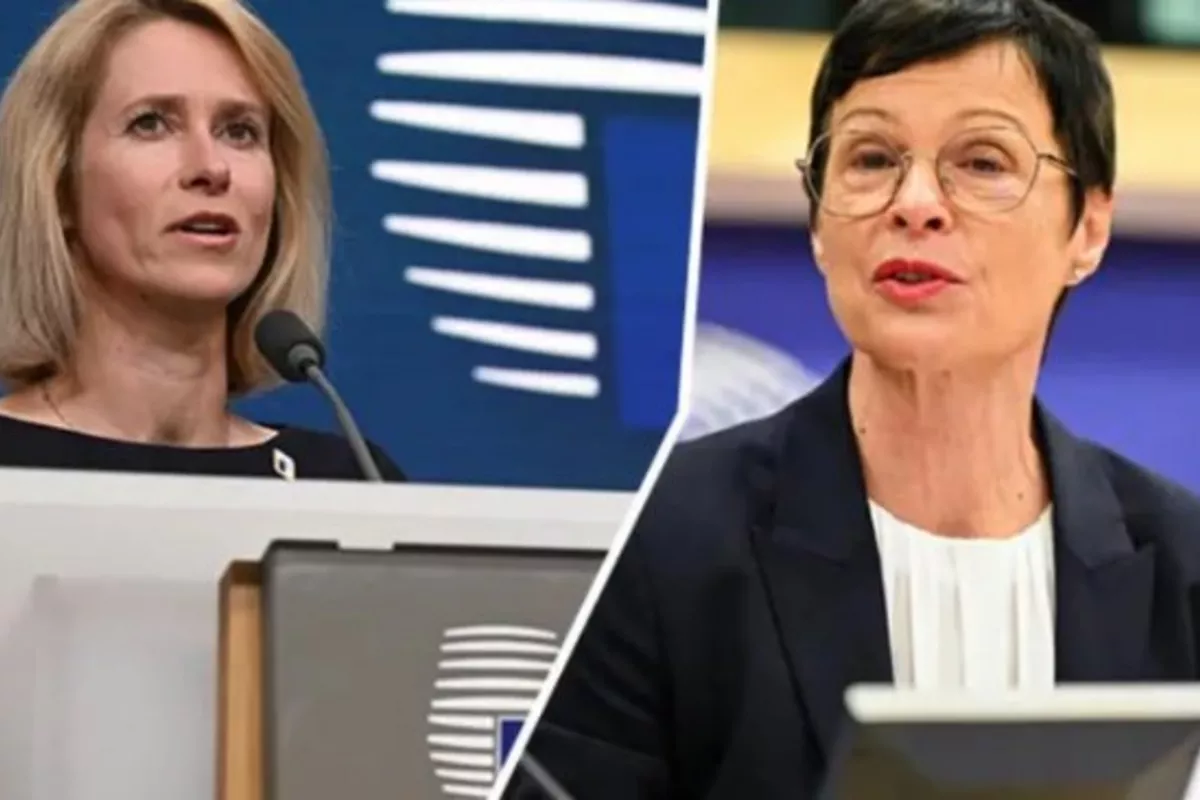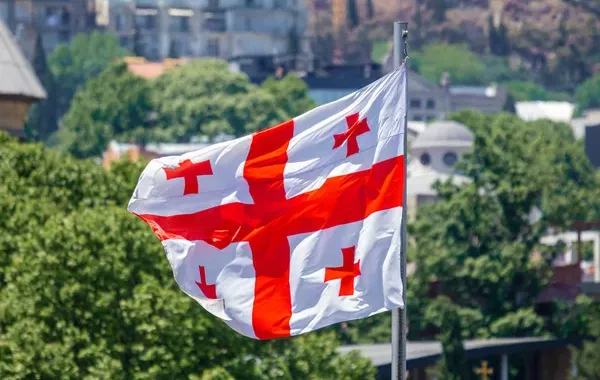
Photo credit: dfwatch.ne
Georgia’s government rejected criticism from the European Union on Sunday, following the country’s local elections and violent clashes in Tbilisi, which some opposition groups described as a “peaceful revolution.”
In a joint statement, EU foreign policy chief and European Commission Vice President Kaja Kallas and Enlargement Commissioner Marta Kos said the elections were held “in an atmosphere of widespread suppression of dissent,” The Caspian Post reports citing foreign media.
They pointed to “months of attacks on independent media,” arrests of opposition activists, and “laws targeting civil society,” claiming these developments had undermined the competitiveness of the vote. The EU officials also criticized the Georgian government for not inviting OSCE election monitors in time and called for the release of “all those unjustly detained.”
The EU urged “constructive and inclusive dialogue” among all political forces and civil society and appealed for calm, saying all sides should refrain from violence. The statement also condemned “personal attacks” on the EU’s ambassador to Georgia and rejected “disinformation about the EU’s role in the country.”
Georgia’s ruling party fired back. Parliament Speaker Shalva Papuashvili accused the EU officials of spreading “false narratives detached from facts” and failing to apologize for what he described as their spokesperson’s earlier “support for a rally aimed at overthrowing the government.” Papuashvili claimed that during the October 4 attack on the presidential residence, “25 police officers were injured,” and said the Georgian public expected accountability from Brussels, not criticism.
Meanwhile, political analyst Dimitri Tskitishvili, a former opposition figure, said on television that the opposition had “fallen into a trap” by storming the president’s residence, giving the authorities “legitimacy” to act against them. He said it would now be difficult to frame the detained protest leaders as political prisoners, as no international organization has described them that way.
Ex-President Salome Zurabishvili, who has positioned herself as a pro-European independent since leaving office last December, visited an ongoing protest on Rustaveli Avenue and voiced support for demonstrators who continue to gather peacefully. She said the protest movement “has not gone away” and warned the authorities against trying to intimidate or discredit it. Zurabishvili described the October 4 violence near the presidential palace as “a trap set by the regime,” insisting that the movement itself remains peaceful and resilient.
Share on social media
